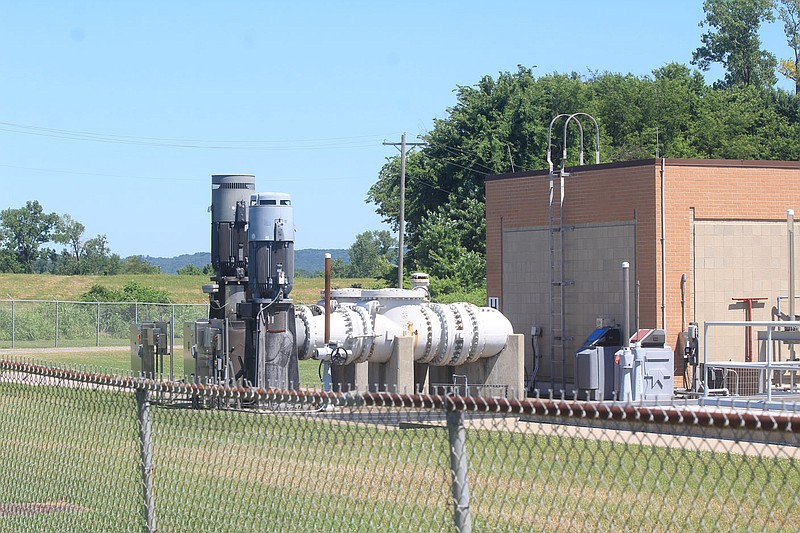FORT SMITH -- The city's consent decree is far more demanding financially than originally anticipated.
The Environmental Protection Agency, Department of Justice and Arkansas Department of Environmental Quality in 2015 lodged the consent decree against Fort Smith in response to the city allowing untreated sewage runoff into the Arkansas River. The feds initially gave the city a 12-year timeline to complete repairs.
Federal officials in 2020 ruled the city was eligible for a five-year extension but have ordered consent decree work on the assumption the city will still complete it in 12 years, according to City Administrator Carl Geffken.
The original estimate for consent decree repairs was 25% of the city's sewer system. It's now 32% with 16 basins left to assess for deficiency, according to utility director Lance McAvoy.
To pay for the work, city directors have raised residents' sewer rates 167% since 2015. There was no capital improvement plan for the decree presented to city directors the year it was lodged, McAvoy said.
The federal government originally estimated the decree was going to be $200 million -- less than half the $480 million estimate from staff and consultants. The full cost is now an estimated $650 million, and only about $110 million has been spent since it was lodged. The city spent $192 million before 2015 on remedial work to try to avoid a decree, according to Utility Department records.
A Tuesday presentation given by McAvoy to city directors at a study session revealed 27 of the 32 completed basin assessments showed the structures were in worse shape than expected. Almost $350 million remains to be funded for capital improvements in the decree, according to the presentation.
Beginning in 2016, the money spent on capital improvements for the decree has consistently been less than the amount requested, the presentation showed.
McAvoy said the decree was "front-end loaded," meaning money was meant to be spent up front and trail off until the end of the project. He said this model is especially strenuous on the city when costs rise exponentially as they have.
"I don't know of any business, any governmental agency, other than the federal government -- who is allowed to print their own money -- that can sustain that type of expense. I just don't," McAvoy said.
Geffken said the city has asked the feds for more time for assessment of wastewater collection because they wanted it completed before the city assessed all of its pipes. City officials also believe they should get extensions for covid-19 and the 2019 Arkansas River flood because consent decree money was spent on flood repairs.
The presentation left some board members frustrated by the federal government's unwillingness to budge on the terms of the consent decree. It also led to discussion of possible solutions.
Morton noted the city has a federal ruling stating the EPA and Justice Department should be reasonable to the city in light of covid-19 and the 2019 flood. He suggested the city could get more time than three years apiece for covid-19 and the flood because the pandemic isn't over and the city hasn't been reimbursed by FEMA for flood-related expenses. He also said the recently passed $550 billion federal infrastructure package could help the city.
But Morton also suggested the city needs to first convince state officials it has made earnest efforts toward consent decree work. He also said records showing the amount spent on capital improvements being consistently less than money requested was problematic.
"We need an assessment of cash flow by year," he said. "We need to know what cash is coming out of utilities that will be available on a fairly consistent basis based on the rates that exist right now, and we need to know how much money we have available right now."
At-Large city director Kevin Settle said the city needs to find another way to pay for improvements in lieu of a sewer rate increase, citing the burden on residents. Attorney Paul Calamita, legal counsel for the city, said in June federal judge P.K. Holmes said an 11% annual sewer rate increase won't be enough to give the city relief.
"What else do these people want? My thinking is, get them here. Bring them here, let the people see them, because I think what will happen is, they will have a better understanding when they hear from our people," Settle said.
"They want us to fix the problem and raise the rates, and we can't do much more, and I don't want to ask our citizens to do any more," said Ward 2 city director Andre Good, who concurred with Settle's idea.
More News
Defining the terms
A consent decree is a judge’s order based on an agreement between parties to a lawsuit instead of continuing a case through hearing or trial.
Source: dictionary.law.com

